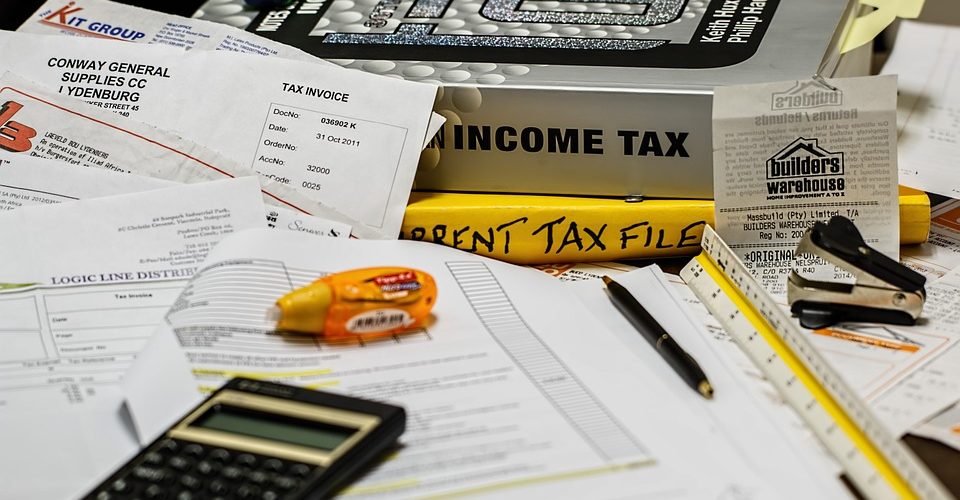In the ECJ – C-80/20 (Wilo Salmson France), AG Kokott referred to article 226 of the EU VAT Directive 2006/112/EU with regard to Invoicing Requirement and especially the content of an invoice.
Relevant points in the AG Opinion
Material requirements of an invoice to enable the Right to Deduct VAT (mandatory data points on an invoice to qualify the invoice as a ”valid invoice”):
Relevant point in the AG Opinion:
”93. In my opinion, a document is in fact an invoice within the meaning of Article 178(a) of the VAT Directive if it enables both the recipient of the supply and the tax authorities to establish which supplier has charged which recipient of the supply which amount in VAT and for which transaction. That means it needs to state the supplier, the recipient of the supply, the goods or services supplied, the price and the VAT, which must be stated separately. (53) If those five essential items of information are provided, the spirit and purpose of the invoice are fulfilled and the right of deduction ultimately arises. (54)”
See
- ECJ C-8/17 (Biosafe) – Right to deduct VAT on basis of additional debit notes
- ECJ C-533/16 (Volkswagen)– VAT may be deducted after expiry of the statute of limitation period
Formal requirements of an invoice: Lack of these data point do not stop the qualification of the invoice as a valid invoice to enable the Right to Deduct VAT.
Relevant point in the AG Opinion:
”96. If, however, the shortcoming in the invoice simply concerned individual formalities (e.g. no date, no invoice number, incorrect address, vague description of the goods/services supplied and period of supply or missing tax number, etc.), (56) then the right of deduction arose in 2012, when the goods/services were supplied and the invoices were held. Such shortcomings do not mean that the recipient does not ‘hold an invoice’ within the meaning of Article 178(a) of the VAT Directive.”
See














